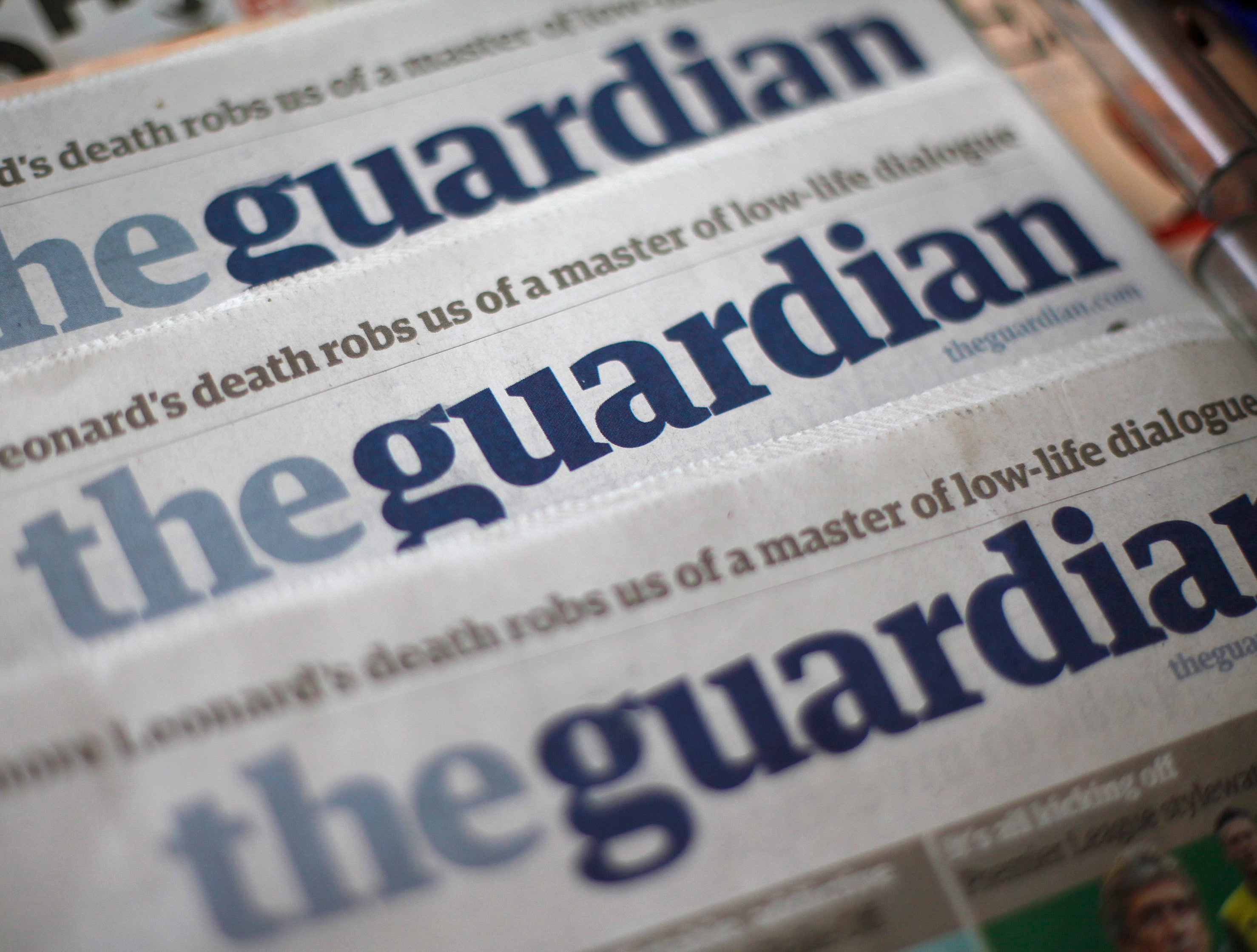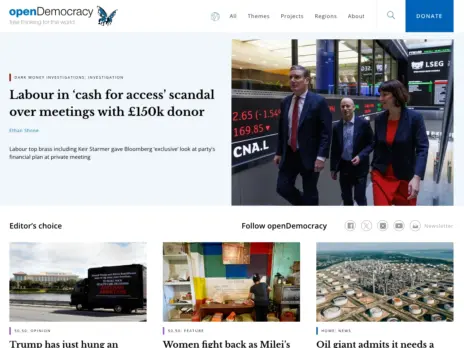
A judge has ruled that the inquest into a Russian fraud whistleblower’s death will sit in secret, despite arguments from Guardian News and Media that it should be held in public.
Alexander Perepilichnyy, 44, died after collapsing while running near his Surrey home in November 2012.
Financial firm Hermitage Capital Management has previously claimed that Perepilichnyy could have been deliberately killed for helping it uncover a multi-million-pound fraud involving Russian officials.
The businessman’s death was originally attributed to natural causes but traces of a chemical that can be found in the poisonous plant Gelsemium elegans were later found in his stomach.
The Sunday Times reported yesterday that the secrecy order covered information which British intelligence agencies have on a man it named and described as “a Chechen assassin” linked to Perepilichnyy’s death.
The Home Secretary had argued at High Court that disclosing secret documents at the inquest – which will have to decide whether Mr Perepilichnyy died of natural causes or was unlawfully killed – would damage the public interest.
Mr Justice Cranston, sitting in London, said in a ruling handed down on Wednesday last week that he had “no hesitation” in finding the balance came down in favour of non-disclosure and ruled the Home Secretary was entitled to a public-interest immunity (PII) certificate.
The certificate is essentially a secrecy order used to protect the interest of national security.
The judge said there were no cogent reasons for rejecting the Home Secretary’s view “that there would be real and significant damage to national security from disclosure”.
The submissions on behalf of Guardian News and Media were prepared by barristers Caoilfhionn Gallagher and Angela Patrick, both of Doughty Street Chambers.
They made a series of points opposing the PII application, including stressing the importance of open justice and transparency in inquests generally.
In the context of this particular case they questioned the Home Secretary’s use of the mechanism detailed in Rule 31.19 of the Civil Procedure Rules (CPR) as a way of applying for a PII certificate in respect of an inquest, although there was express statutory scheme and detailed Rules governing that jurisdiction, and stressed its resulting “chilling effect” on media participation in the proceedings.
It also raised issues about substantive concerns with the application, which were based on the limited information available to it.
The submission said there were six aspects of the Coroner’s investigation which were of particularly high public interest:
- The circumstances of Mr. Perepilichnyy’s death – the sudden death of a Russian national on UK soil in circumstances arousing suspicion about whether he was killed by or with the knowledge of individuals or groups with links to the Russian State, or because of his whistle-blowing activities
- The deaths of other Russian nationals and the question of whether this was part of a pattern
- Allegations that there might be a cover up – suspicion that the authorities were not being fully open as to their actions, or that the processes designed to facilitate accountability are in truth weighted in the authority’s favour, encouraged distrust and enables resentment to fester
- Whether the inquest could be effective with PII determined by someone other than the Coroner conducting the investigation
- The delay involved – Mr Perepilichnyy had died four years ago, yet the inquest had not yet concluded
- The issue of relations between the UK and Russia, amid reports that Russia poses an increasing threat to the stability of the UK.
The inquest proceedings were being conducted by Richard Travers, senior coroner for Surrey. A full hearing was due in March next year and was expected to last three to four weeks.
But Mr Justice Cranston said Travers’ position was now “untenable” because he did not have the necessary security clearance to see the sensitive material covered by the PII ruling.
The judge said: “It is for the chief coroner to arrange a replacement who is able to view the sensitive material and continue the inquest.”
The new coroner would need to keep the PII question under review – and also consider “whether a public inquiry is needed”.
The PII ruling means that members of the public as well as members of Perepilichnyy’s family, and any of the family’s lawyers who do not have the necessary security clearance will be denied access to a whole raft of documents.
A pre-inquest hearing was told that before his death Perepilichnyy was helping Hermitage uncover a $230 million (£150 million) Russian money-laundering operation.
That hearing was told he could have been the victim of a “reprisal killing” in Britain linked to the deaths of Alexander Litvinenko and lawyer Sergei Magnitsky, whose 2009 death in a Russian prison prompted claims that he was beaten and then denied medical treatment.
Hermitage’s lawyer, Henrietta Hill QC, claimed that Perepilichnyy was on an underworld ”hit list” and had received death threats.
There was a ”clear parallel” between his death and that of Magnitsky, who also worked for London-based Hermitage and died in prison in 2009, she said.
The judge described how the inquest first opened in April 2014 and had suffered a series of delays.
There had been 12 pre-inquest reviews, which had drawn keen media interest, and the gathering of about 5,000 pages of documents, plus submissions and correspondence with the interested parties.
Those parties included Perepilichnyy’s widow, Tatiana Perepilichnaya, as well as Hermitage Capital, the Chief Constable of Surrey Police, and the Legal and General Assurance Society.
The judge said: “According to information provided by Mr Perepilichnyy to Swiss prosecutors before his death, Hermitage was used by senior Russian officials to perpetrate a multi-million dollar tax fraud against the Russian Treasury and Hermitage.
“Legal and General’s interest is that it issued a substantial life insurance policy to Mr Perepilichnyy shortly before his death.
Both Hermitage and Legal and General have suggested that Perepilichnyy might have been murdered, possibly by agents of the Russian State.”
During the course of his investigations, coroner Travers had required both the Home Secretary and the Foreign Secretary “to produce material which he considered might be relevant.
“Material was produced but some of it was sensitive. The coroner does not have security clearance to view this material.
“Consequently, he decided that he was not in a position to decide the Secretary of State’s application that it not be publicly disclosed and ordered the Secretary of State to make an application for public interest immunity (PII) to the High Court.”
The judge said Peter Skelton QC was instructed to act as counsel to the inquest because he had “developed vetting security clearance” (DV), the highest level, which allowed access to sensitive material and attendance at any “closed” hearings at the inquest.
The judge explained that senior coroners were not by virtue of their office regarded as DV cleared – unlike High Court judges and circuit judges.
After ruling that a new coroner would have to be appointed with the appropriate security clearance, the judge rejected arguments that that could lead to further delay.
He said: “The new coroner will have the assistance of Mr Skelton, as counsel to the inquest, who has seen all the evidence including the sensitive material.”
Picture: Reuters
Email pged@pressgazette.co.uk to point out mistakes, provide story tips or send in a letter for publication on our "Letters Page" blog






